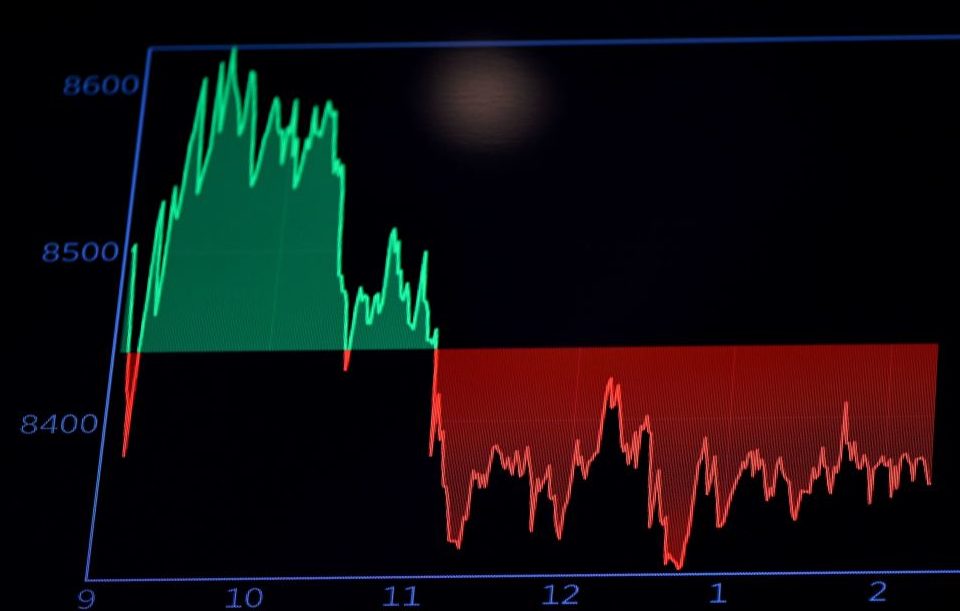In America and Britain, the employment news is grim. Unemployment has reached an historic high in the US. As of the end of last week, 6.6 million people claimed for out-of-work benefits. This is the highest increase in adjusted seasonal claims on record and is made even more astonishing when you consider that just four weeks ago fewer than 200,000 people applied for jobless benefits.
Meanwhile in the UK, nearly a million Brits — 850,000 more than usual — have applied for Universal Credit in the last two weeks.
With every day that goes by, the health implications of COVID-19 are becoming clearer, as are the economic effects. While the Office for National Statistics reports that 27 percent of UK businesses have already fired or furloughed staff, a new survey from the British Chambers of Commerce this morning shows nearly half of British companies have plans to furlough the majority of their employees. This huge uptake for the government’s job retention scheme serves as a stark reminder — yet again — that it’s impossible yet to put a price tag on Coronomics, the odd, unprecedented remedies needed to support the UK through this surreal, virus-induced crash.
But support is not universal. Today we learn one in five small businesses is now projected to close its doors over the next month; that’s up to one million firms that can’t get access to the cash they need to stay afloat, or have decided the trade-off of taking on substantial debt to get through COVID-19 simply isn’t worth it. The Mayor of London has called on the banks to step up and provide more support. But they are experiencing resource pressures of their own, juggling mortgage holidays and changes to overdraft and loan payments along with the Business Interruption Loans scheme for small companies, not to mention business as usual. It’s no surprise phone calls take a while to be answered.
It was speculated that the UK’s stimulus package, designed with incentives for employers to keep their workforce on the books, might avoid such a dramatic rise in unemployment so quickly. But the six percent peak estimated last week is now looking far too generous. Today’s unemployment updates suggest no country can swerve these effects.
Even when announcing unprecedented levels of spending and support, Rishi Sunak braced the public for this downturn: ‘we can’t save every job and business.’ Regardless of the stimulus package or its design, economic pain is an inevitability in every country badly hit by COVID-19. The question now is to what extent will each country’s COVID policies mitigate this pain, and rapidly kickstart the economy again when it’s safe to do so.
This article was originally published on The Spectator’s UK website.

























